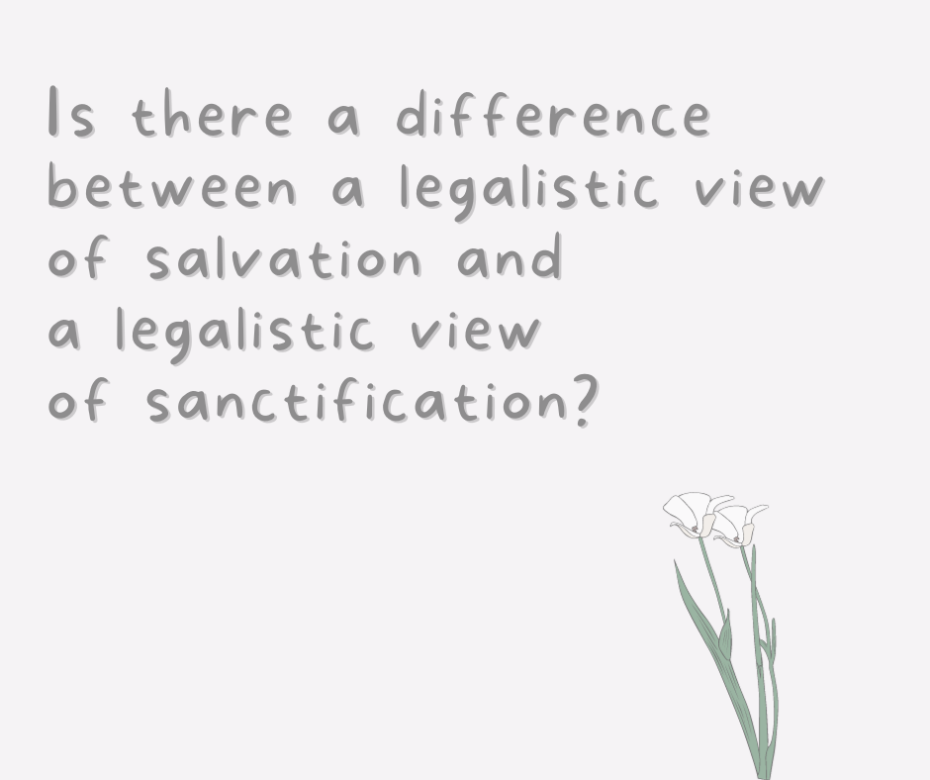Elwyn asks a great question:
Please address an issue for me manifested in Acts 15:5. How could Judaizers have been believers if they were mixing law with grace? The appearance is that they were not believers by faith alone in Christ alone.
The reason this is a great inquiry is that Luke calls these people believers (“But some of the sect of the Pharisees who believed [italics added] rose up…”). Yet, he reports that they said, “It is necessary to circumcise them [Gentiles] and to command them to keep the law of Moses” (Acts 15:5).
The mystery is solved if we compare v 5 with v 1. Some Judeans were saying, “Unless you are circumcised according to the custom of Moses, you cannot be saved” (italics added).
The Jews who came down from Judea to Antioch were saying that circumcision and law-keeping were needed to be saved.
Some of the Jewish believers who attended the Jerusalem Council were saying that circumcision and law-keeping were needed to be sanctified.
That is a huge difference.
Both were wrong. But one group was so wrong that it did not believe or proclaim the promise of everlasting life by faith alone. The other believed that promise but introduced legalism into Christian living.
In The Grace New Testament Commentary, Al Valdes writes, “Two major points distinguish this objection from the one mentioned in v 1 that resulted in this trip. First, Luke qualifies these men as believers. Second, unlike the men in v 1, these men did not say that circumcision was necessary for salvation. They erred regarding sanctification, not justification” (p. 560).
It should be noted, however, that most commentators do not mention the difference between the statements in vv 1 and 5. In fact, some say that the two groups were saying the same thing. Gill wrote, “[the believing Pharisees of v 5 said] that it was needful to circumcise them: the Gentiles that believed: and to command them to keep the law of Moses; both moral and ceremonial, the observance of which they reckoned was absolutely necessary to salvation” (An Exposition of the New Testament, Vol. 2, p. 282).
Likewise, Fitzmyer wrote concerning v 5, “[They said] ‘One must circumcise them and order them to observe the law of Moses.’ Former Pharisees insist that such Gentile Christians have to become, in effect, Jewish proselytes (see NOTE on 2:11). The reason for their insistence has been set forth in 15:1: circumcision and observance of the Mosaic law are conditions necessary for salvation” (Acts, pp. 545-46).
At DTS I took a course on Acts taught by Zane Hodges. He pointed out the major difference between vv 1 and 5. He noted that Luke said that those Pharisees in v 5 believed. The issue wasn’t that they professed to believe. Inspired Scripture tells us that they believed.
We cannot override Scripture. If Luke tells us that they believed, then they believed.
The fact that someone believes in the free gift of everlasting life by faith in Christ, apart from works, does not mean that he is sound in all his thinking. The Jerusalem Council of Acts 15 demonstrates that.


